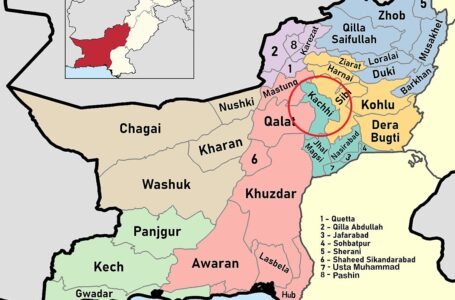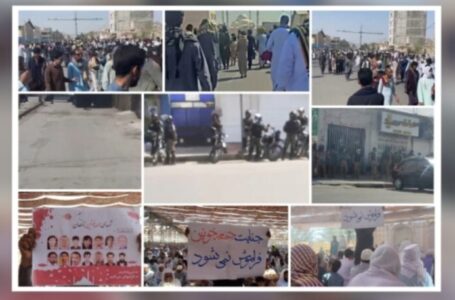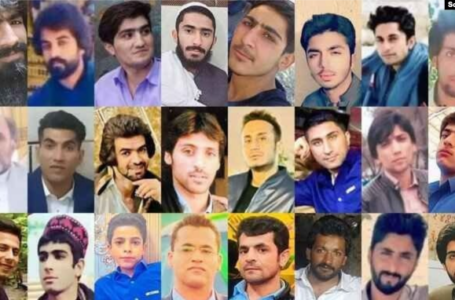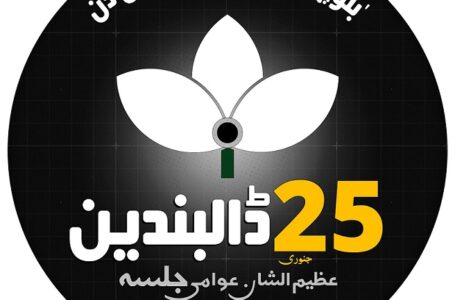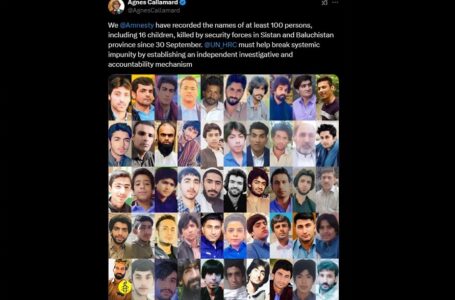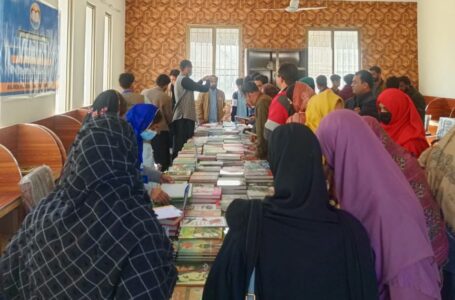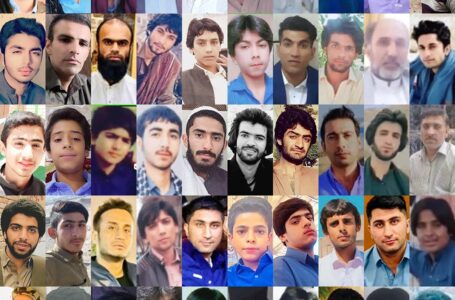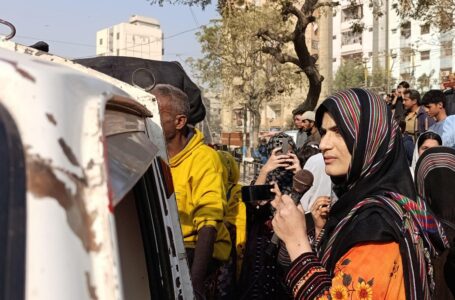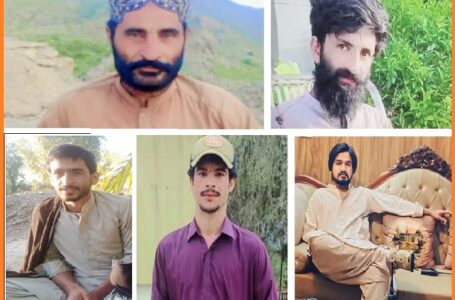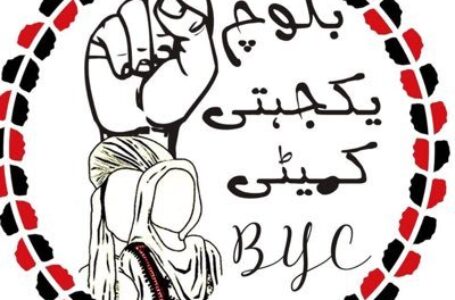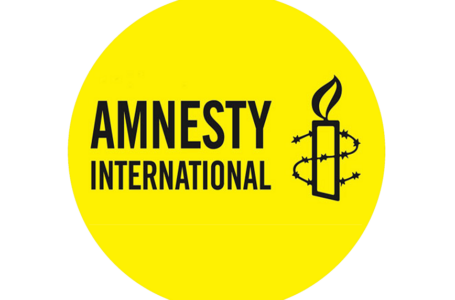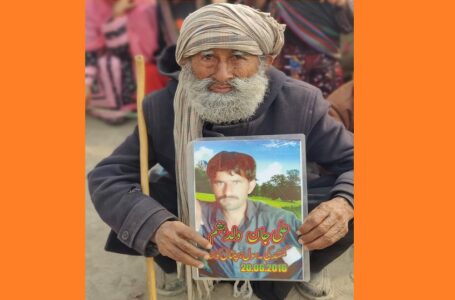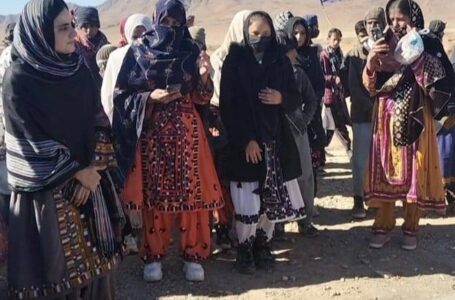Balochistan: Police Raid on Book Fair Sparks Strong Condemnation
Balochistan: Four Baloch inmates executed in Birjand, one sentenced to death in Zahedan prison
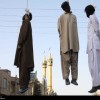
ZAHEDAN: At dawn today 2nd October 2018, four Baloch prisoners accused of “weapons and drug possession” were executed in the central prison of Birjand.
The victims of Iran latest unjust repression have been named as Shah Mohammad Miranzahi, Ahmad Shah Essazahi, Mohammad Miranzahi and his brother Eid Mohammad Miranzahi.
All our men had denied charges against them levelled by Iran’s Supreme Court and had maintained that their confessions were obtained through torture and inhuman treatment.
The four men, originally Afghan citizens from Zabul, were detained on their way from Zabul to Birjand six years ago and were sentenced to death on 13 January 2017 on charges of ‘weapon and drug possession’. Whereas a fifth inmate, an accomplice of four men, named as Siraj Gaukhor was sentenced to 25 years imprisonment.
The prisoners had previously denied allegations in the courtroom and maintained that they had been tortured to obtain false confessions.
Mohammad Miranzahi in an open letter wrote: ‘Five of us in Toyota vehicle set off from Zabul to Birjand in South Khorasan. We had an argument with the driver near the village of Bandan (in Nehbandan). The driver later took us to a house in the village of Bandan and excused that he will refill the car.
‘However, he came back with state agents. The state agents (Iranian officials) tortured us on spot and I received injuries on my head. Then they took us to the Bandan police station and subjected us to brutal torture. They torture us to the extent that they even pulled our toenail and accused us of carrying 140 kilograms of opium and having two guns.’
He further wrote, ‘We could not bear the torture and hence confessed under duress, in the hope that the officials might stop torturing us. The handwritten notes were later customized after five years by Iran’s judicial authorities and presented to the second branch of the Islamic Revolutionary Tribunal of Birjand where Mr Nabavi and Saif Zadeh unjustly sentenced us to death.’
A source who knew the victims said that few days prior to their illegal entry from Zabul Afghanistan to Birjand (Iran) there was an armed conflict between Iranian forces and unknown armed men in which at least one Iranian official was killed. However, a few days later the Iranian forces arrested the five men, they accused them of ‘weapons and drug possession’ and involvement in the armed conflict.
All the victims Shah Mohammad Miranzahi, Seraj Gaukhor, Ahmad Shah Essazahi, Mohammad Miranzahi and his brother Eid Mohammad Miranzahi were married and have children.
Meanwhile, another Baloch political prisoner Abdul Hameed Mirbalochzahi, who has already spent 15 years in prison, was sentenced to death by the Iranian Revolutionary Guard Corps (IRGC) on Tuesday 2nd October 2018.
According to details Mr MirBalochzahi was sentenced to death and informed by Zahedan court after spending 15 years in prison.
Sources said that the court was pressurised by the Revolutionary Guard’s intelligence wing to change his 15-year imprisonment to death sentence.
Abdul Hameed MirBalochzai, Omid Imani, Mahmoud Kolkoli, Javid Dehqan, Alireza Bampouri were arrested and tried for the murder of an IRGC official in Hoshk area of Saravan.
During the detention, these detainees were subjected to physical and psychological torture by the IRGC intelligence forces.
An informed source said: ‘initially the judge had only awarded sentenced to Javid Dehqan and issued a 15-year sentence for the rest of the accused. However, after the objection and pressure of the Revolutionary Guard’s intelligence agents, Mr Abdul Hameed Balochzahi’s 15-year imprisonment sentence has been changed to death sentence.,
Mr MirBalochzahi in Zahedan prisoner has been informed of his death sentenced and could be executed any time.
According to Amnesty International’s annual report, Iran, in proportion to population per capita and executions, ranked first in the execution of its citizens in the world.
Iran’s Human Rights Activists Centre in its annual report also states that more than 60% of executions in Iran are not reported by the state or the judicial authorities, which they describe as ‘covert’ executions.

